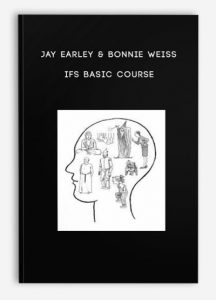
Jay Earley & Bonnie Weiss – IFS Basic Course
Description:
[2 eBooks (PDF) + 6 Sessions (MP3)]
This course will teach you how to use Internal Family Systems Therapy (IFS) to resolve psychological issues and heal underlying pain from the past, to enhance your self-confidence and well-being. IFS is a powerful, user friendly method of psychotherapy and personal growth work. IFS is a recognized, proven method for individual psychotherapy with a robust training program and thousands of certified therapists. It will help transform stuck parts of yourself into inner resources of strength, love, and freedom
This course teaches you how to access Self (that core aspect of you that can heal your parts) and work with protectors (parts that defend us from pain and danger). It is the most basic course on IFS. It teaches you how to work on yourself using IFS and how to do peer IFS counseling with other people in the class. Therapists and coaches also take the class to learn about IFS, though it is not professional training in IFS.
The course is experiential; it includes practicing IFS sessions for homework in pairs, group exercises, and demonstration IFS sessions with volunteers from the class.
The text for the course is my book, Self-Therapy.
The course will be taught by videoconference, so we can see each other, which enhances the group connection, making it safe for you to be open and vulnerable in class. Each class is recorded, so you can watch the recording of any class you miss.
Details about each class meeting:
Class 1: Introduction to IFS and Accessing a Part
IFS is based on the idea that the psyche consists of sub-personalities, called parts, which make up a kind of inner system. Parts often get into conflicts with each other and act in dysfunctional ways in an attempt to protect us from pain. All of this happens largely outside our awareness, and when we do see what is happening, we frequently try to banish the parts that are causing the difficulties. Yet this is hardly ever solves the problem. IFS, on the other hand, teaches us to relate to our parts with openness, curiosity, and compassion, not judgment, which allows each part to reveal its hidden agenda and the pain it defends against. This paves the way for healing and transformation, which can be accomplished by following the detailed procedure taught in this course.
The psyche is largely organized to protect itself from pain, which is why IFS makes a distinction between parts that are in pain and parts that protect us from it. Protectors are parts that handle the external world and protect against vulnerability and pain. Exiles are young child parts that are in pain from the past. Protectors try to arrange our lives so that people can’t hurt our exiles, and when this does happen, protectors shut us down emotionally to keep us from feeling the pain. This noble effort doesn’t really work; the suffering still leaks through at odd moments. Furthermore, the defenses instituted by protectors make us relate to the world in troublesome ways, or they blunt our aliveness or rob us of important capacities. IFS is able to transform the psyche by relying on the healing power of our true Self or spiritual center, which has four important qualities (connectedness, curiosity, compassion, and calmness). Course 1 introduces the IFS model and helps you understand some of your parts.
IFS work is not primarily about understanding your parts intellectually, although that does happen. It involves going deep inside and accessing them on an experiential level through emotions, images, body sensations, or internal dialogue. You engage the part in a relationship and come to understand it on a gut level. When deciding where to focus in a session, you may look for a trailhead–an experience or issue in your life that involves emotional reactions indicating the need for inner work. Exploring the trailhead will reveal the parts behind these reactions. This can then lead to healing. Class 1 shows how to access parts and explore trailheads.
Class 2: Becoming Centered
In the IFS process, before you can get to know one of our parts in a beneficial way, you must be in Self. From the vantage point of Self, you are separate from the part; it is not blended or entangled with you. You are centered rather than experiencing the anger, judgment, or other feelings of the part. You are clear and unbiased, not caught up in the part’s dysfunctional beliefs. Class 2 shows how to unblend from a protector before you work with it.
Class 3: Being Open and Curious
IFS teaches a new and loving way to relate to our parts. Usually when we become aware of one, the first thing we do is evaluate it. Is it good or bad? Do we like it or not? If we decide it is good, we embrace it, give it power, and act from it. If we decide it is bad, however, we try to get rid of it. However, that doesn’t work. You can’t get rid of a part of yourself. All you can do is push it into the unconscious, where it will continue to af
fect you without your awareness. In IFS, we do somet


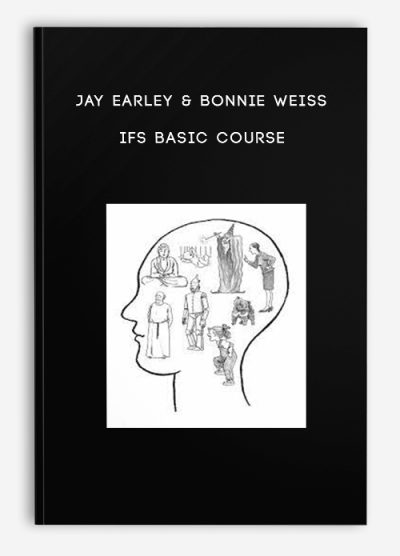
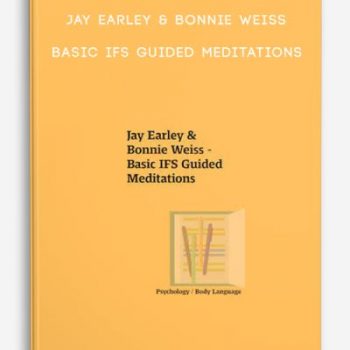

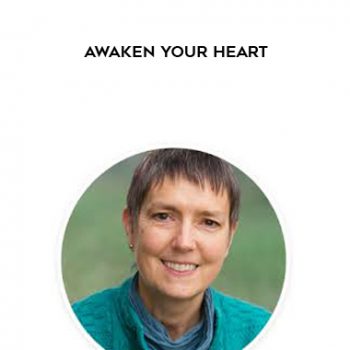
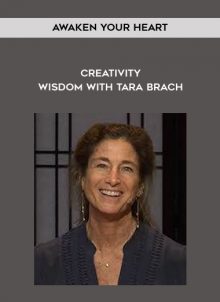
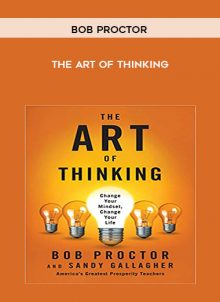
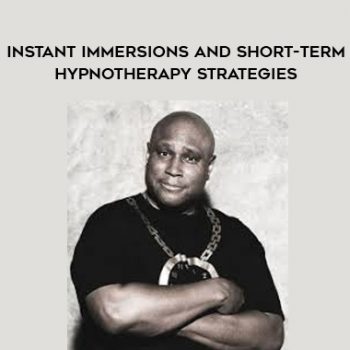


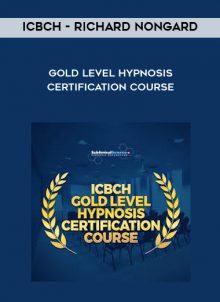

tristian –
This is Digital Download service, the course is available at Vincourse.com and Email download delivery.